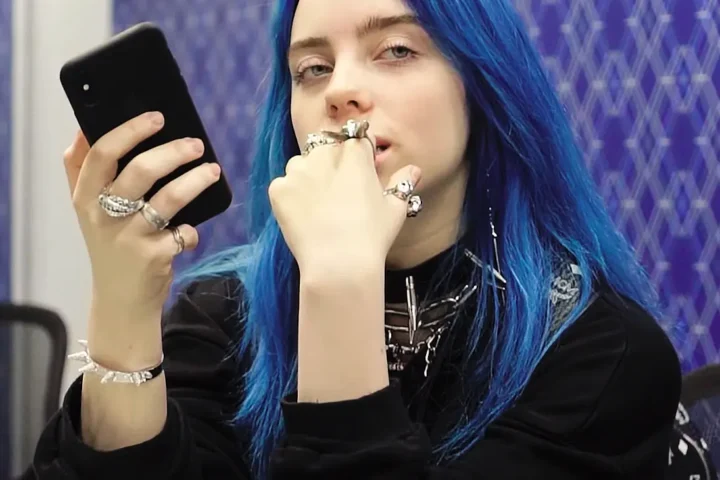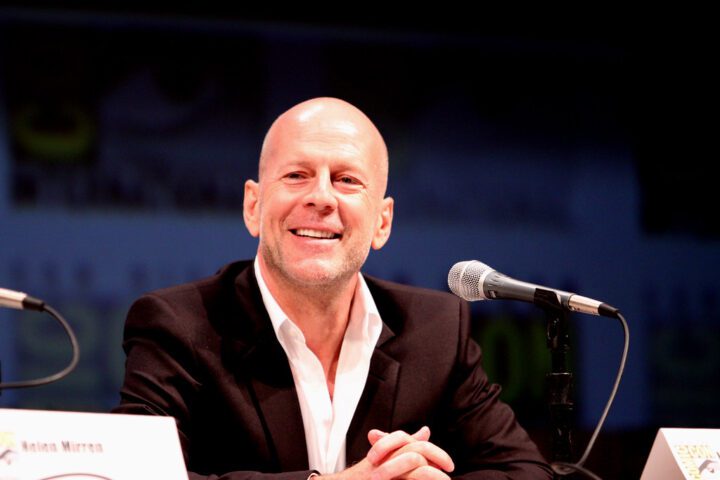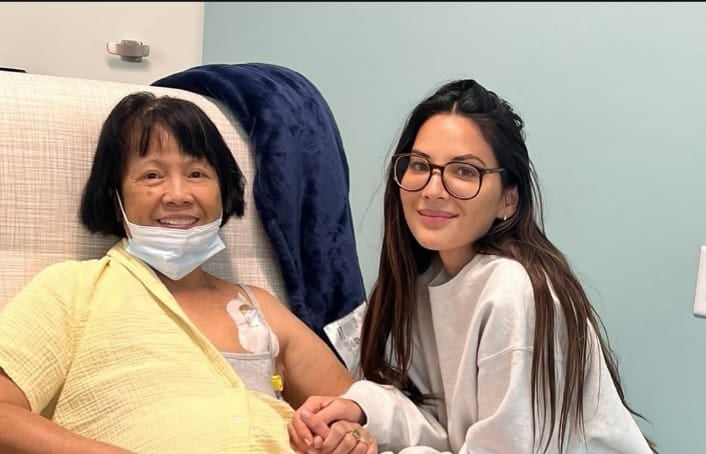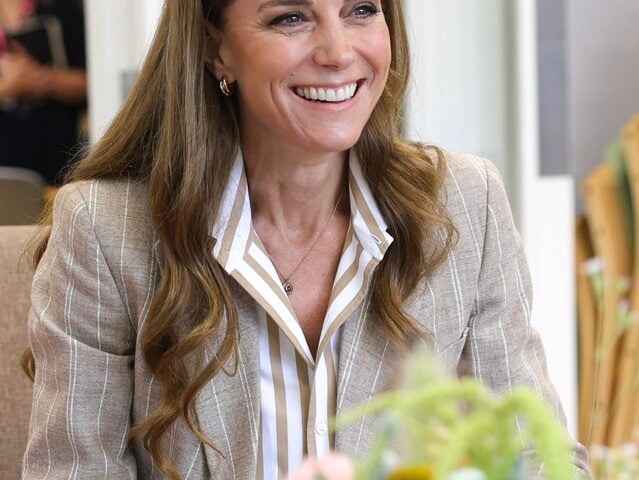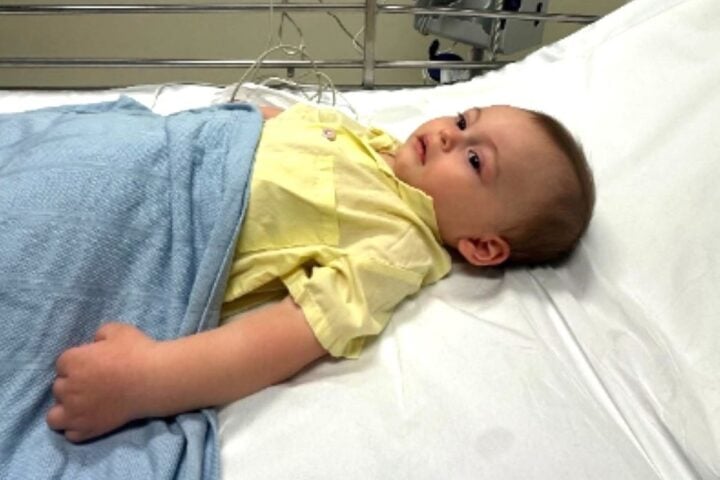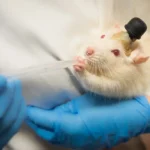ABC News anchor Linsey Davis is breaking her silence about her struggle with uterine fibroids, a condition that has disrupted her health and daily life for years. Davis, 47, anchors “ABC News Live Prime” and weekend editions of “World News Tonight.” She will undergo a hysterectomy on August 15 after enduring painful symptoms including heavy bleeding, severe bloating, and extreme fatigue. “I suffered in silence,” Davis said, noting she rarely discussed her condition with anyone except her doctor.
Uterine fibroids are muscular growths that develop in or on the uterus. Though not cancerous, they can cause significant pain and health problems. The U.S. Office on Women’s Health reports that fibroids affect up to 80% of women by age 50, with Black women facing much higher rates and more severe symptoms.
Davis first discovered she had fibroids 13 years ago. Despite this condition, she gave birth to her son Ayden in 2014. Six years later, her symptoms worsened dramatically. Her menstrual cycles stretched to two weeks with bleeding so heavy it caused anemia-like symptoms. The severe bloating made her appear pregnant.
In 2021, Davis underwent a myomectomy, a surgery that removed six fibroids while preserving her uterus. The relief was temporary. About 18 months ago, she noticed a bulge in her lower abdomen. Initially misdiagnosed as a hernia, an ultrasound revealed about 13 new fibroids had formed.
Similar Posts
A particularly difficult moment came during the 2025 Oscars pre-show. Davis’s fibroid-related bloating triggered online pregnancy speculation. This public scrutiny strengthened her decision to seek permanent treatment.
After consulting specialists, Davis chose a hysterectomy—complete removal of the uterus—the only procedure that permanently prevents fibroids from returning. “I just wanna get rid of them,” Davis explained. “I don’t wanna have any more kids at this point.” Fibroids disproportionately affect Black women, who are diagnosed about three times more frequently than white women.
Women should watch for common fibroid symptoms: unusually heavy periods, bleeding between periods, pelvic pain or pressure, frequent urination, constipation, and back pain. The heavy bleeding can lead to anemia, causing persistent fatigue.
Treatment options depend on symptom severity and reproductive plans. Besides hysterectomy, treatments include myomectomy (removing individual fibroids), uterine fibroid embolization (blocking blood flow to fibroids), hormonal treatments, and pain medications.
To raise awareness, Davis recently joined gynecologist Dr. Soyini Hawkins, singer Tamar Braxton, and former “Real Housewives of Atlanta” star Cynthia Bailey—all fibroid patients—for a televised conversation. “If I had known earlier what I was dealing with and known other people’s stories, I wouldn’t have felt like I was suffering silently,” Davis said.
Davis hopes her story encourages more women, particularly Black women, to recognize symptoms early and seek treatment rather than suffering in silence. With surgery approaching, she looks forward to life without the pain, bleeding, and anxiety that have defined her experience for years. “I feel like if there is an 80% instance in anyone’s health, it should be a priority,” Davis said about the importance of fibroid research and awareness.




